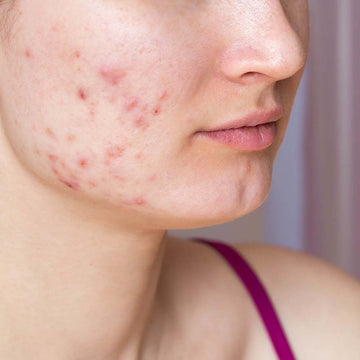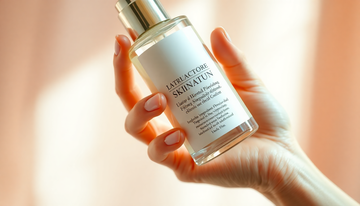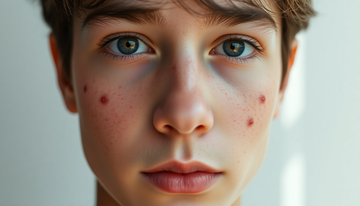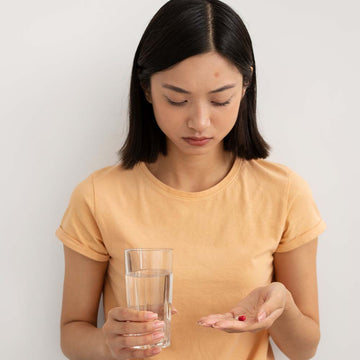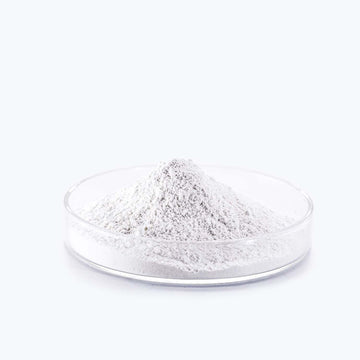Hormones + Sebaceous Glands = Oily Skin: Under your skin, tiny oil-producing glands respond to hormones, especially testosterone, instructing them to produce more oil. This excess oil, combined with dead skin, creates an ideal environment for pesky pimples.Puberty and Breakouts: Puberty's hormone surge triggers increased oil production, leading to oily skin and frequent acne during this time.
Hormones Keep Messing with Your Skin Throughout Life
1.Time of the Month Trouble: Ladies may notice acne flaring up before their period due to hormonal changes, especially elevated progesterone levels, making the skin oilier and more prone to breakouts.
2.Baby on Board and Skin Woes: Pregnancy introduces hormonal shifts. While some experience a radiant pregnancy glow, others face increased acne due to these hormonal changes.
3.Menopause Magic or Mayhem: Menopause brings a drop in hormones, leading to relief from acne for some individuals.
4.Men, You're Not Off the Hook: Guys aren't immune to hormonal acne. Stress, puberty, or any spike in androgen levels can trigger increased oil production and, consequently, more acne.
Tackling Hormonal Acne Like a Pro
1.Smart Skincare: Keep it simple with gentle cleansers, non-comedogenic moisturizers, and targeted treatments containing ingredients like salicylic acid and benzoyl peroxide.
2.Hormonal Helpers: For persistent acne, consider options like birth control pills or anti-androgen medications. They help balance hormones and prevent breakouts.
3.Healthy Living Matters: Ensure adequate sleep, manage stress, and maintain a balanced diet. These factors contribute to happy hormones and clearer skin.
Don't Forget the Dermatologist
When in doubt, consult a skin expert. Dermatologists can identify acne triggers, recommend suitable treatments, and track your progress.
The Bottom Line
Understanding how hormones influence your skin is key to tackling acne. Whether you're in your teens, expecting a baby, or dealing with other life changes, a personalized plan considering your hormonal fluctuations can make a real difference. Combine good skincare practices, healthy habits, and, if needed, professional help to take charge of hormonal acne and achieve clear, happy skin.To know more click here.
FAQ "Frequently Asked Questions."
1. What causes hormonal acne, and why is it common during puberty? Hormonal acne is primarily triggered by fluctuations in hormone levels, especially testosterone during puberty. The surge in hormones leads to increased oil production, creating an environment conducive to acne.
2. Are women more prone to hormonal acne, and why does it flare up before the menstrual cycle? Yes, women may be more susceptible due to monthly hormonal changes. Before the menstrual period, increased progesterone levels lead to oilier skin, making it more prone to breakouts.
3. Can hormonal acne affect men, and what factors contribute to it in males? Certainly. Men can experience hormonal acne due to stress, puberty, or spikes in androgen levels. These factors contribute to heightened oil production and, consequently, increased acne.
4. How can I manage hormonal acne with skincare routines? Effective skincare involves using gentle cleansers, non-comedogenic moisturizers, and targeted treatments like those containing salicylic acid. These products help regulate oil production and prevent breakouts.
5. Are there medical interventions to address persistent hormonal acne? Yes, for persistent cases, medical interventions like birth control pills or anti-androgen medications may be recommended. These options help balance hormones and reduce the frequency of breakouts.
